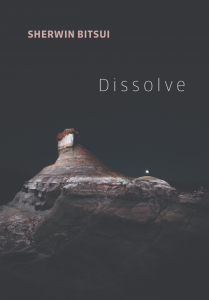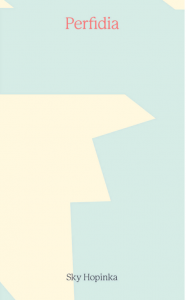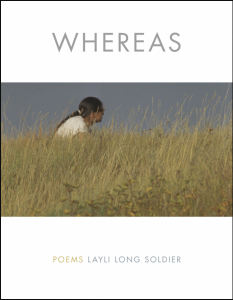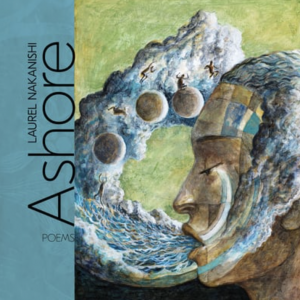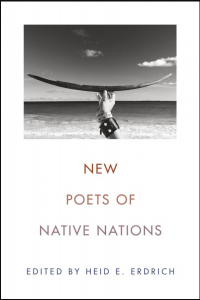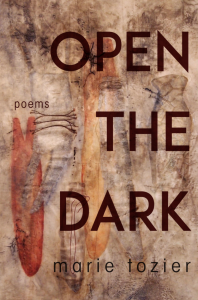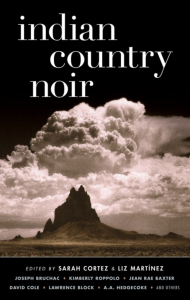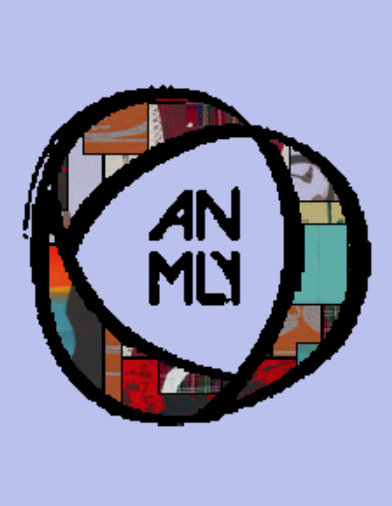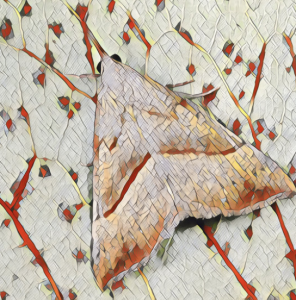For Native American Heritage Month, observed annually during the month of November, we asked our members—independent presses, literary journals, and others—to share with us some of the books and magazines they recommend reading in celebration.
Poetry
Copper Canyon Press | 2018
Bitsui’s latest poetry collection “hums with the co-existence and dissonance of landscape and waste, crisis and continuity—with Navajo thought inherent to the movement of the book.”
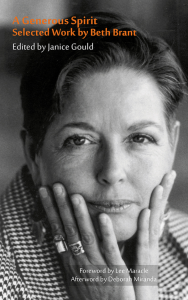 A Generous Spirit: Selected Work by Beth Brant
A Generous Spirit: Selected Work by Beth Brant
Sinister Wisdom | 2019
Edited by Janice Gould and a finalist for the 2020 Ferro-Grumley Award for LGBTQ Fiction from the Publishing Triangle, this selection of Brant’s work is a “portrait of survival and empathy at the intersection of Native American and lesbian experience.”
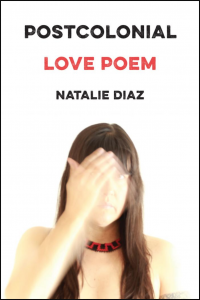 Postcolonial Love Poem by Natalie Diaz
Postcolonial Love Poem by Natalie Diaz
Graywolf Press | 2020
In Natalie Diaz’s Pulitzer Prize–winning second collection, “the wounds inflicted by America onto an indigenous people are allowed to bloom pleasure and tenderness.”
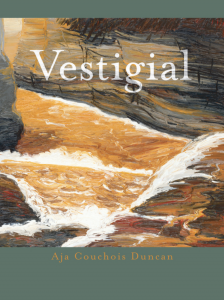 Vestigial by Aja Couchois Duncan
Vestigial by Aja Couchois Duncan
Litmus Press | 2021
In her second poetry collection, Duncan “continues to investigate ecology and heritage as a story of entangled becoming, synchronizing movements of deep time with the transient substance of touch.”
Wendy’s Subway & CCS Bard | 2020
Edited by Julie Niemi, Perfidia is a collection of poetic writings by filmmaker Sky Hopinka; “each brief text swirls together to form an image of multiple landscapes that bid us remember: the past has come and gone, and the future is told through traces of nostalgic lore.”
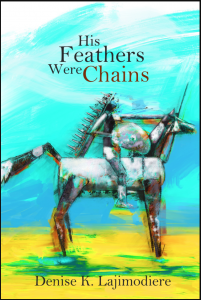 His Feathers Were Chains by Denise K. Lajimodiere
His Feathers Were Chains by Denise K. Lajimodiere
North Dakota State University Press | 2020
The third volume in the Contemporary Voices of Indigenous Peoples Series, this poetry collection is an “is overt criticism of settler society… subtle, approachable, and grounded in Ojibwe knowledge and customs.”
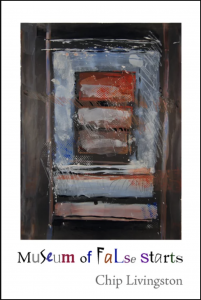 Museum of False Starts by Chip Livingston
Museum of False Starts by Chip Livingston
Gival Press | 2010
According to Joy Harjo, in this poetry collection Livingston “makes a distinct trail of poems, through Mvskoke ancestral country, through the maze of American myths, through bars and parties at the edge, through disturbance and awe.”
Graywolf Press | 2017
According to Krista Tippett, “Layli Long Soldier’s lyrical first book, WHEREAS, explores the freedom real apologies can bring—and offers entry points for us all to histories that are not merely about the past.”
Tupelo Press | 2021
According to Campbell McGrath, Nakanishi’s debut poetry collection is “a document of lyrical witness steeped in the language, history and mythology of her native Hawaii.”
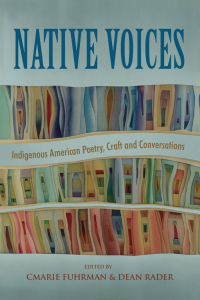 Native Voices: Indigenous American Poetry, Craft and Conversations
Native Voices: Indigenous American Poetry, Craft and Conversations
Tupelo Press | 2019
This groundbreaking anthology, edited by CMarie Fuhrman and Dean Rader, offers “a diverse collection of stories told by Indigenous writers about themselves, their histories, and their present.”
Graywolf Press | 2018
Edited by Heid Erdrich, New Poets of Native Nations “gathers poets of diverse ages, styles, languages, and tribal affiliations to present the extraordinary range and power of new Native poetry.”
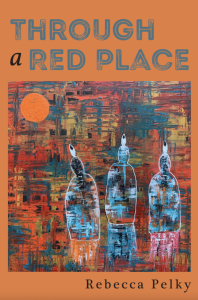 Through a Red Place by Rebecca Pelky
Through a Red Place by Rebecca Pelky
Perugia Press | 2021
Written in English and Mohegan, this story-in-poems “assembles the author’s research into her Native and non-Native heritage in the land now known as Wisconsin” and “relates narratives of people who converged on and impacted this space in myriad ways.”
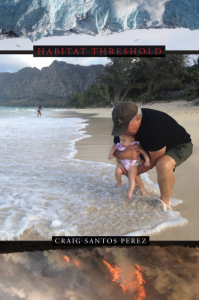 Habitat Threshold by Craig Santos Perez
Habitat Threshold by Craig Santos Perez
Omnidawn | 2020
Perez’s latest poetry collection “explores his ancestry as a native Pacific Islander, the ecological plight of his homeland, and his fears for the future.”
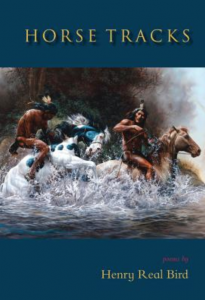 Horse Tracks by Henry Real Bird
Horse Tracks by Henry Real Bird
Lost Horse Press | 2010
M.L. Smoker says of this book, “The inner heart commotion of Henry Real Bird is posed in a physical and metaphysical terrain marked by the history, culture, language and identity of his Apsaalooke nation.”
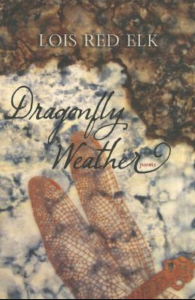 Dragonfly Weather by Lois Red Elk
Dragonfly Weather by Lois Red Elk
Lost Horse Press | 2013
According to Alice M. Azure, these poems “bring the reader into a primeval, watery world of warm swamps, spiraling whirl winds, and fog.”
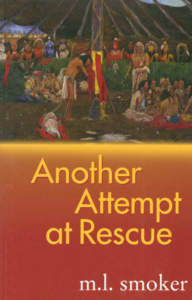 Another Attempt at Rescue by M. L. Smoker
Another Attempt at Rescue by M. L. Smoker
Hanging Loose Press | 2005
According to Sherman Alexie, the poems in Smoker’s debut poetry collection “are tough, funny, magical, but not in a goofy way. This is blue-collar magic. Unemployed magic. Living on government cheese magic.”
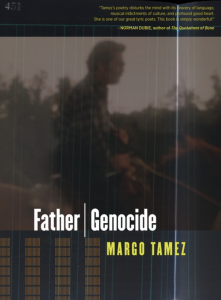 Father | Genocide by Margo Tamez
Father | Genocide by Margo Tamez
Turtle Point Press | 2021
In this poetry collection, Tamez “reconstructs her father’s struggle to be a man under American domination, tracing the settler erasure, denial, and genocide that he and preceding generations experienced.”
Red Hen Press/Boreal Books | August 2020
According to Elizabeth Bradfield, this debut poetry collection “clearly is emplaced in family, community, geography, history, and the seasonality of animals and plants in Western Alaska.”
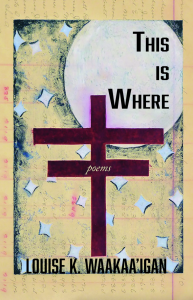 This Is Where by Louise K. Waakaa’igan
This Is Where by Louise K. Waakaa’igan
Willow Books | 2020
According to Becky Thompson, this poetry collection is “a multilayered origin story” that “refuses to duck the contradictions of time, place, belonging.”
Fiction
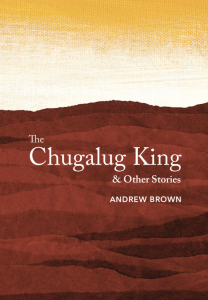 The Chugalug King & Other Stories by Andrew Brown
The Chugalug King & Other Stories by Andrew Brown
Passager Books | 2019
According to Margaret Osburn, the ten short stories in this collection “are grisly, ironic, lyrical battles. From a parachute drop onto an evacuation road in Korea to fighting a forest fire to bull riding, boxing, hunting, and writing.”
Akashic Books | 2010
Edited by Sarah Cortez and Liz Martínez, this noir anthology is a journey “through the north, south, east, and west of Indian Country.”
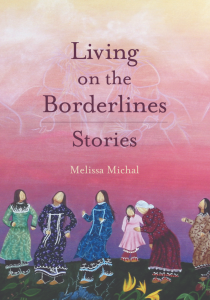 Living on the Borderlands by Melissa Michal
Living on the Borderlands by Melissa Michal
Feminist Press | 2019
“Both on and off the rez, characters contend with identity as contemporary Haudenosaunee peoples” in these short stories.
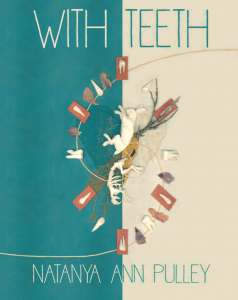 With Teeth by Natanya Ann Pulley
With Teeth by Natanya Ann Pulley
New Rivers Press | 2019
According to Lee Ann Roripaugh, this short story collection is “part creation myth, part surreal horror story, part smart parable of the consumption and commodification of vulnerable bodies.”
Children’s Literature
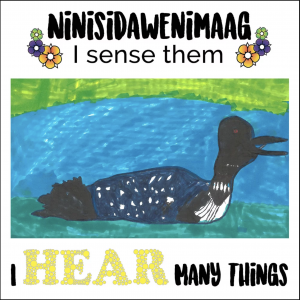 I Hear Many Things by Erika Bailey-Johnson
I Hear Many Things by Erika Bailey-Johnson
Riverfeet Press | 2021
Each of the books in this Ninisidawenimaag series guide the child on a wonderful adventure with Mother Earth, written in both the English and Ojibwe languages.
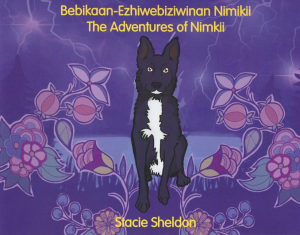 Bebikaan-ezhwebiziwinan Nimkii: The Adventures of Nimkii by Stacie Sheldon
Bebikaan-ezhwebiziwinan Nimkii: The Adventures of Nimkii by Stacie Sheldon
Hidden Timber Books | 2021
This illustrated book shows children the world “through the joyful eyes of Nimkii, a fun, nature-loving dog who will teach them a whole new language: Ojibwemowin, a language spoken by the indigenous tribes in parts of Michigan, Ontario, northern Minnesota and Wisconsin, and Alberta.”
Nonfiction
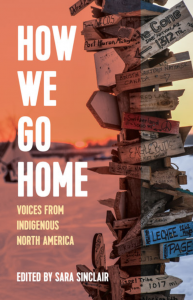 How We Go Home: Voices from Indigenous North America
How We Go Home: Voices from Indigenous North America
Haymarket Books | 2020
Edited by Sara Sinclair, this anthology “shares contemporary Indigenous stories in the long and ongoing fight to protect Native land and life.”
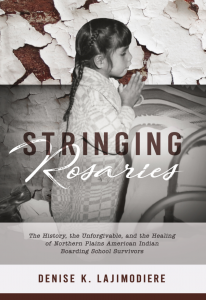 Stringing Rosaries: The History, the Unforgivable, and the Healing of Northern Plains American Indian Boarding School Survivors by Denise K. Lajimodiere
Stringing Rosaries: The History, the Unforgivable, and the Healing of Northern Plains American Indian Boarding School Survivors by Denise K. Lajimodiere
North Dakota State University Press | 2019
This book “presents a brief history of the boarding school programs for Indigenous Americans, followed by sixteen interviews with boarding school survivors, and ending with the author’s own healing journey with her father.”
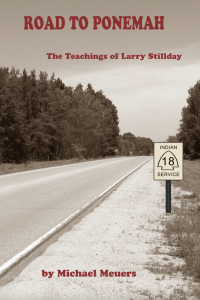 Road to Ponemah: The Teachings of Larry Stillday by Michael Meuers
Road to Ponemah: The Teachings of Larry Stillday by Michael Meuers
Riverfeet Press | 2017
In this book, Meuers collects the teachings of Larry Stillday, “a well-known spiritual leader, healer, and teacher from Red Lake Nation who reached many people with his message.”
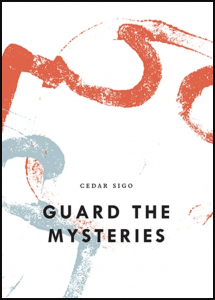 Guard the Mysteries by Cedar Sigo
Guard the Mysteries by Cedar Sigo
Wave Books | 2021
In this compendium of five talks for the Bagley Wright lecture series, Sigo “plumbs the particulars of modern critique, identity politics, early influences, and poetic form to produce a singular ‘autobiography of voice.’”
 My Body Is a Book of Rules by Elissa Washuta
My Body Is a Book of Rules by Elissa Washuta
Red Hen Press | 2014
In this memoir of linked essays, Washuta’s “crisis of American Indian identity bleeds into other areas of self-doubt; mental illness, sexual trauma, ethnic identity, and independence become intertwined.”
Literary Magazines
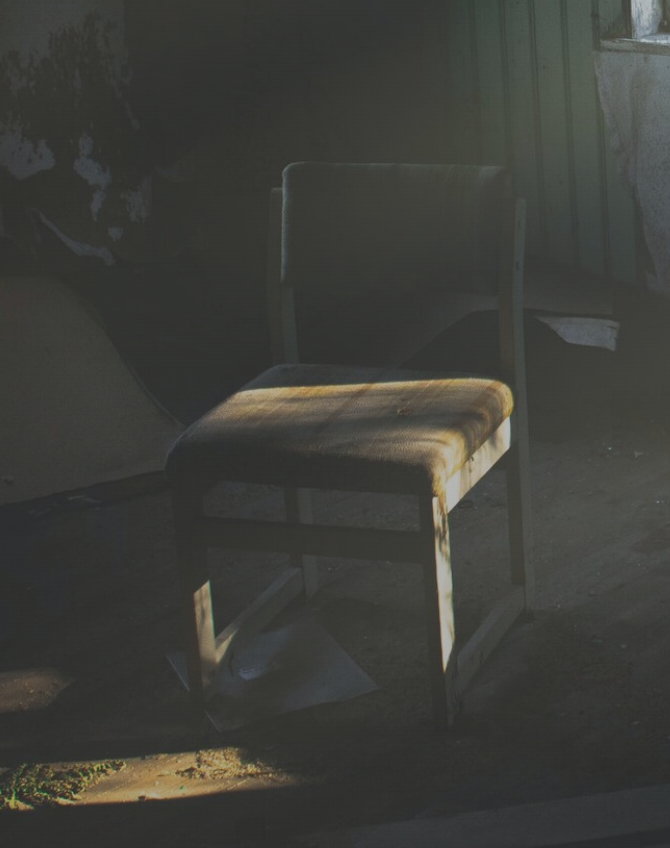 “To My Grandmother, c/o the Mush Hole” by Amber Meadow Adams
“To My Grandmother, c/o the Mush Hole” by Amber Meadow Adams
Off Assignment | 2020
In this installment of Off Assignment‘s “Letter to a Stranger” series, Adams addresses the grandmother she never met and considers her experience at the Mohawk Institute; in an interview accompanying this essay, Adams describes the former residential school as “in many ways, a North American concentration camp.”
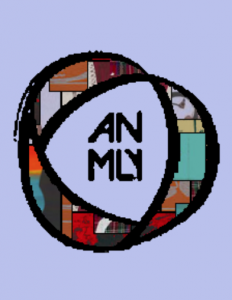 Indigenous Futures and Imagining the Decolonial
Indigenous Futures and Imagining the Decolonial
Anomaly | Issue 27
Co-edited by Raquel Salas Rivera, BBP Hosmillo, and Sarah Clark, this folio collects work by “Indigenous people and peoples impacted by colonialism to create a collection of writing and art.”
Anomaly | Issue 30
In this folio, guest editor tanner menard “sought to gently weave a space where Indigenous poets & artists who exist outside of heteronormative realms of gender & sexuality could reveal their wisdom & share their hearts with the literary community as a single but diverse chorus of voices.”
 “#NoDAPL #StillHere: Native and Anti-Colonial Craft Against Dispossession”
“#NoDAPL #StillHere: Native and Anti-Colonial Craft Against Dispossession”
Apogee | 2016
This web folio is, according to editor Sarah Clark, “about the struggles and survivals at Standing Rock and about broader indigenous survival and resistance. It’s about the broken promises of our oppressors, and about our promises to each other and to the planet.”
Iowa Review | Volume 31, Issue 1
This poem begins, “More drought says the old woman digging roots in the arroyo as the sun becomes a spiral trail / marked on a sandstone cliff that is now / a memory to the Maya.”
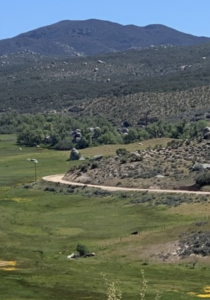 “Language of Loss” by Emily Clarke
“Language of Loss” by Emily Clarke
The Roadrunner Review | 2021
This essay begins, “The great grandmother I was named after grips her husband’s cowboy belt in a fist as tattered as his ropes.”
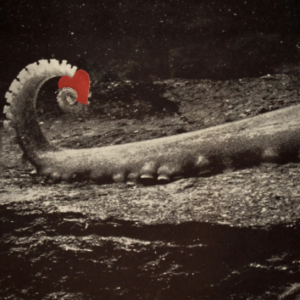 “Life and Limb” by Jenny L. Davis
“Life and Limb” by Jenny L. Davis
West Trestle Review | 2020
This poem begins, “Sometimes I / think of myself as / an octopus working / without an arm.”
![]() “How to Love a Woman with No Legs” by Natalie Diaz
“How to Love a Woman with No Legs” by Natalie Diaz
Iowa Review | Volume 38, Issue 2
This piece begins, “Commit to it, like you have something to prove, like you can make up for what’s gone, like nothing at all is gone. Like she’s all there and yours for the taking.”
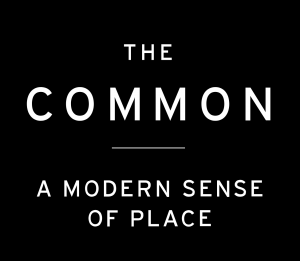 Excerpt from Where the Dead Sit Talking by Brandon Hobson
Excerpt from Where the Dead Sit Talking by Brandon Hobson
The Common | 2019
In this excerpt from the novel Where the Dead Sit Talking, which was a finalist for the National Book Award, Hobson explores cycles of addiction, violence, and the complexities of finding home.
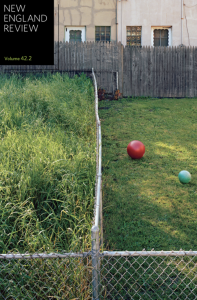 “Circling Eloh: A Meditation” by Lucien Darjeun Meadows
“Circling Eloh: A Meditation” by Lucien Darjeun Meadows
New England Review | 2020
This essay begins, “First the war, thousands of miles to the east. No. First other, older wars with forgotten names, unhousing and unhoming the Apache Nation. The Arapaho Nation. The Cheyenne Nation. The Pueblo. The Shoshone. The Comanche. The Kiowa. The Navajo.”
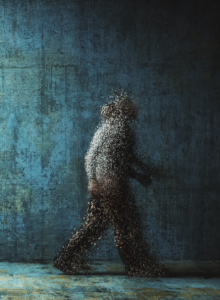 “When we talk of stolen sisters” by Jessica Mehta
“When we talk of stolen sisters” by Jessica Mehta
The Roadrunner Review | 2021
This poem begins, “we talk of bodies gone to ghost / or given back for goodness—as if // we are // sweets snatched from superettes / discovered post-wash in sticky pockets.”
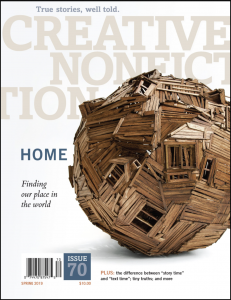 “Reservation Dogs” by James Riach
“Reservation Dogs” by James Riach
Creative Nonfiction | Issue 70
This essay begins, “I once described Browning, the Blackfeet Indian Reservation’s most populated and centrally located town, to a Balkan friend of mine, and he said it sounded like parts of war-torn Bosnia.”
West Trestle Review | 2020
This poem begins, “On Thursday I wear / Sapphires and lithium / Bridges from / Wednesday to morning song.”
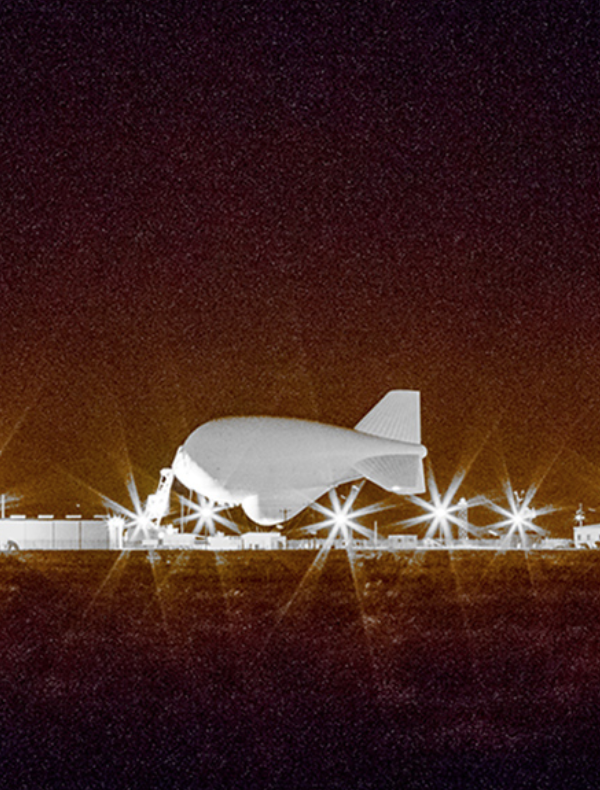 “Carlisle Longings” by David Heska Wanbli Weiden
“Carlisle Longings” by David Heska Wanbli Weiden
Shenandoah | Volume 69, Issue 1
In this essay, as well as an accompanying craft essay, Weiden writes about his maternal grandmother, a member of the Rosebud Sioux Tribe, and her experience at the Carlisle Industrial Indian School.
 “A Ceremony for Yellow House” by Kabl Wilkerson
“A Ceremony for Yellow House” by Kabl Wilkerson
The Common | 2019
In this essay, Wilkerson embarks on a journey in West Texas to honor twenty-one Comanche-Apache who were murdered by settlers in 1877.
